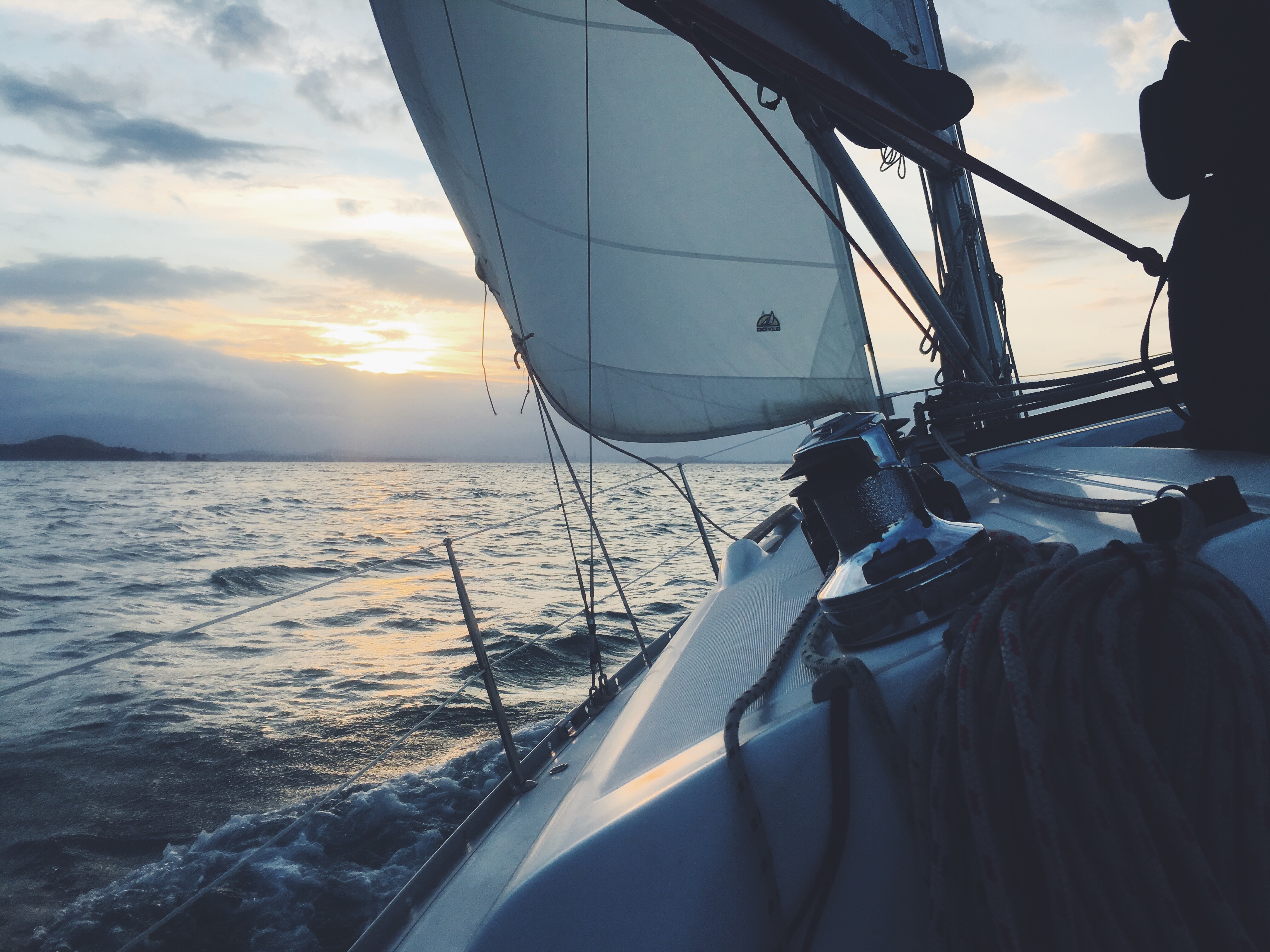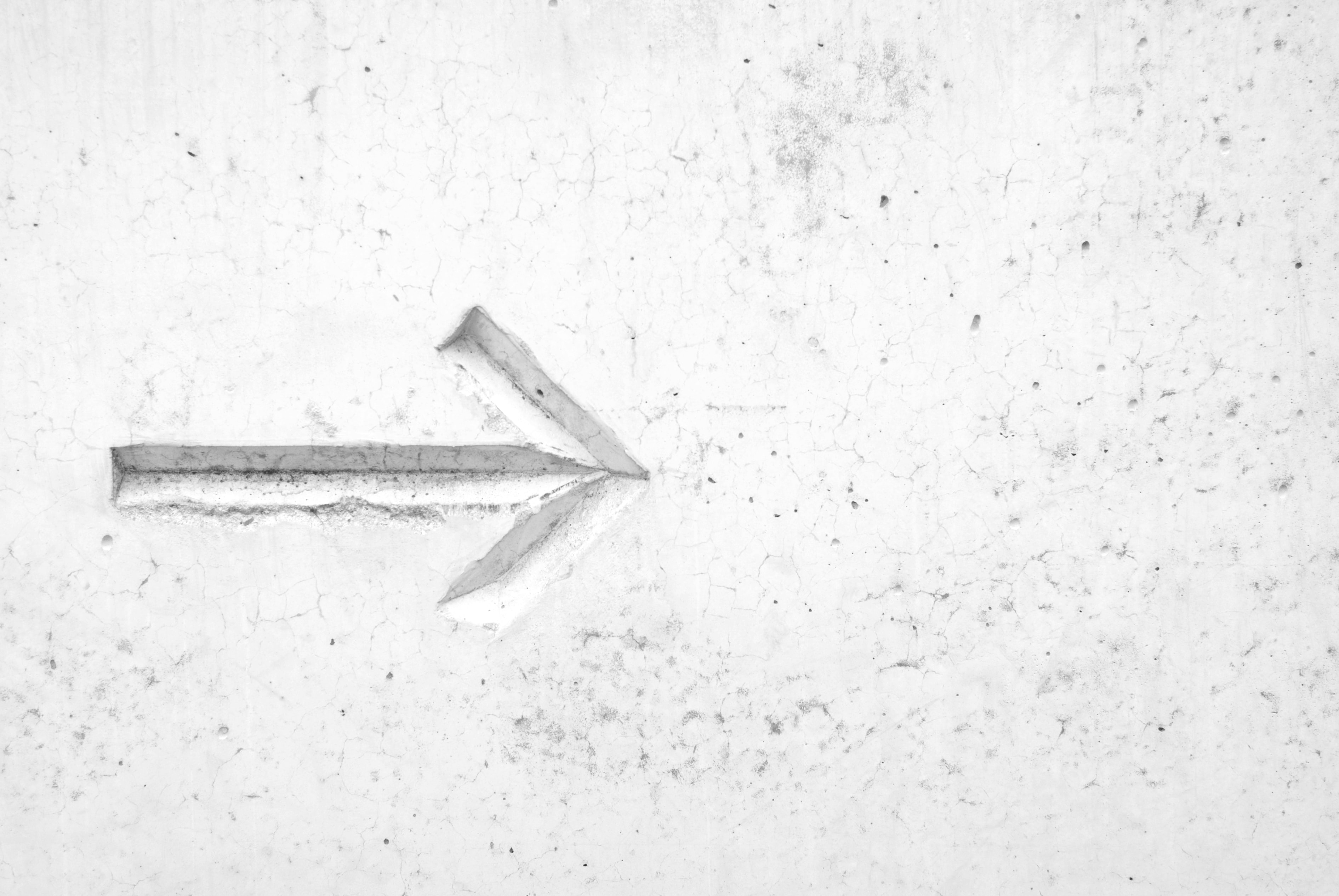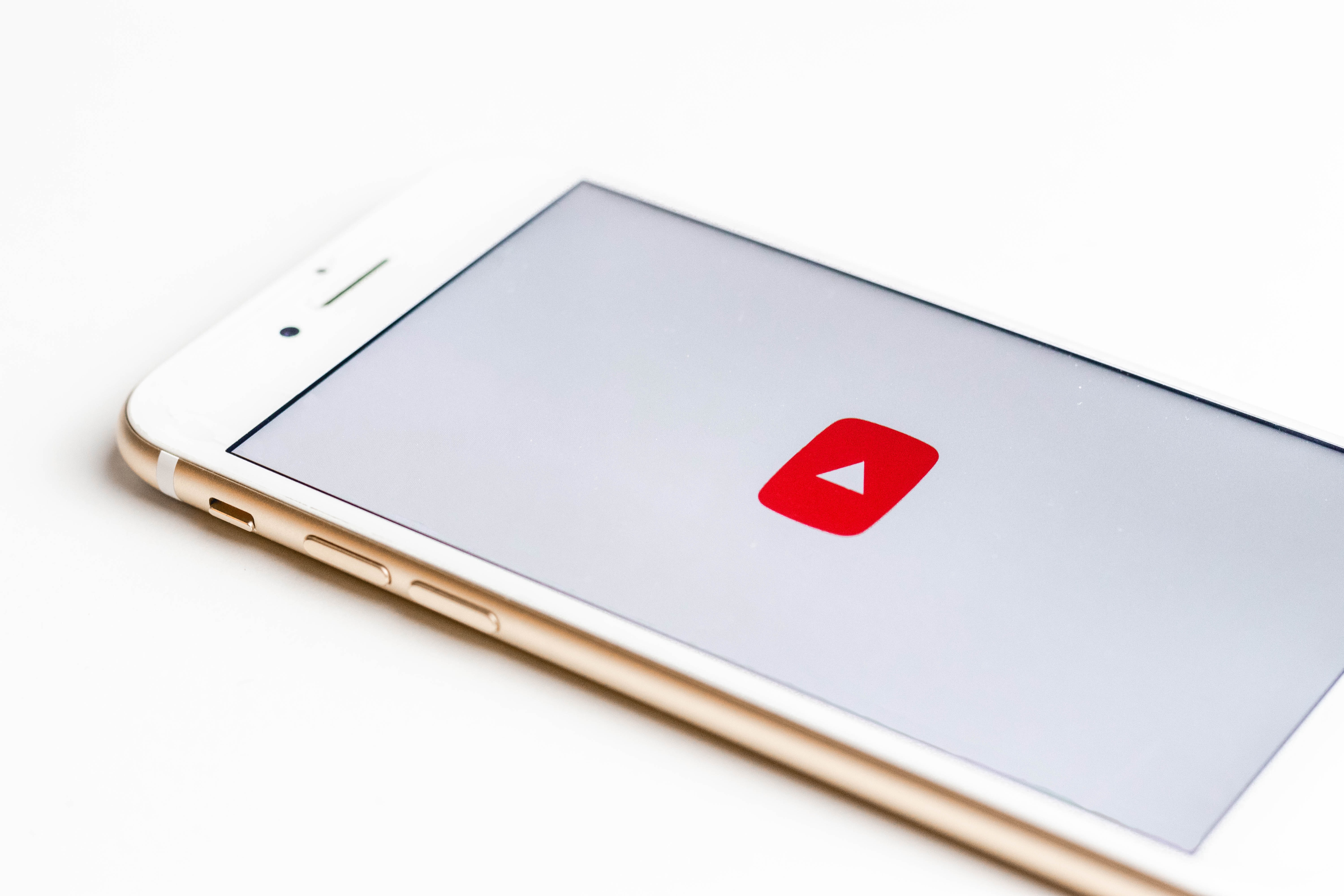A
- ABAFT: toward the rear
- ABOARD: on the boat
- ABOVE DECK: on the deck
- ADRIFT: floating without being moored or steered
- AHEAD: in a forward direction
- ALOFT: above the deck
- AMIDSHIPS: toward the center of the boat
- ANCHORAGE: a spot that is suitable for anchoring
- ASTERN: back of the boat or opposite of ahead
B
- BEAM: width of the boat
- BELOW DECK: beneath the deck
- BOW: forward area of the boat
- BOW LINE: docking line leading from the bow
- BULKHEAD: vertical wall or partition separating areas or compartments on a boat
- BUOY: anchored float
C
- CABIN: compartment of the boat for passengers
- CAPSIZE: when a boat turns on its side or upside down in the water
- CAST OFF: to undo the lines that hold a boat in a fixed position
- COCKPIT: location aboard the boat that has the helm and seating
- COURSE: direction to which the boat is steered
D
- DEAD AHEAD: directly ahead
- DEAD ASTERN: directly aft
- DISPALCEMENT: weight of water displaced by a craft
- DOCK: structural area where boats are moored
- DRAFT: water depth needed to support the boat
F
- FENDER: cushion placed between two boats – basically a bumper
- FLARE: distress signal
- FOREPEAK: a compartment of the bow in a small boat, such as the anchor locker
- FORWARD: toward the bow of the boat
- FOULED: equipment that is jammed
G
- GALLEY: kitchen area of the boat
- GANGWAY: plank or footbridge used to cross over water
- GROUND TACKLE: anchor and its corresponding equipment, including shackle, chain and line
H
- HEAD: a marine toilet
- HEADWAY: forward motion of the boat
- HELM: wheel controlling the rudder
- HOLD: compartment below the deck
- HULL: main body of the boat
I
- INBOARD: toward the center of the boat
K
- KNOT: a unit to measure speed of the craft
L
- LEE: an area protected by the wind
- LEEARD: direction away from the wind
- LEEWAY: sideways movement of the boat
M
- MIDSHIP: area of the ship in equal distance between the bow and stern
- MOORING: putting the boat in a fixed position with a mooring ball secured to the sea floor
N
- NAUTICAL MILE: a unit used to measure distance at sea (approximately 2,025 yards)
- NAVIGATION: steering a boat safely from one area to another aided by charts, radar, GPS and dead reckoning
O
- OUTBOARD: towards the boat’s sides
P
- PIER: a loading platform
- PLANING HULL: type of hull shaped to glide more easily
- PORT: left side of the boat
- PORT BOW: front left side of the boat
- PORT QUARTER: rear left side of the boat
R
- RODE: anchor line
- RUDDER: plate or board for steering the boat
- RUNNING LIGHTS: required lights affixed to the craft that display the aspect of the vessel
S
- SCREW: the boat’s propeller
- SEA ROOM: when the craft is considered a safe distance from the shore
- SEAWORTHY: when a boat can handle the conditions of the sea
- SECURE: stow equipment from moving about the boat
- SLACK: to loosen
- SOUNDING: a unit of measurement for the depth of the water
- STARBOARD: right side of the boat
- STARBOARD BOW: front right side of the boat
- STARBOARD QUARTER: rear right side of the boat
- STERN: aft-most part of the boat
T
- TIDE: the rising and falling of the sea
- TOPSIDE: part of a boat’s side above the waterline
- TRANSOM: the stern cross-section
U
- UNDERWAY: when a craft is not moored, anchored or docked but in-route
W
- WAKE: a track in the water left by the movement of the boat
- WATERLINE: a line painted on the hull of the boat where the boat meets the water; also the position of the “boot stripe” on the hell
- WINDWARD: toward the direction to which the wind is coming from
Y
- YAW: to steer off course
Share this:




